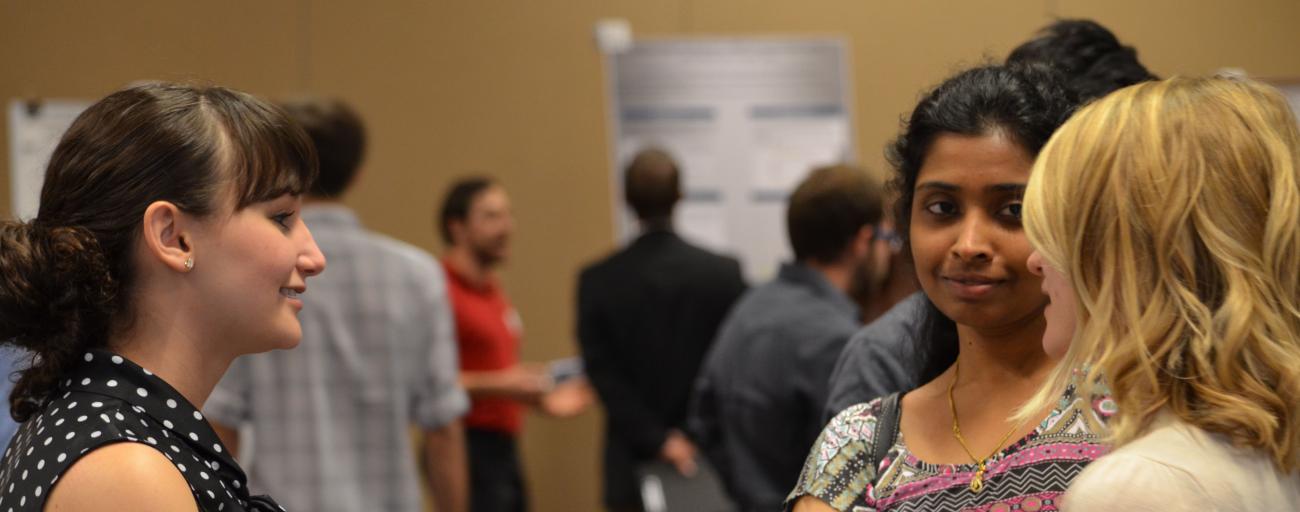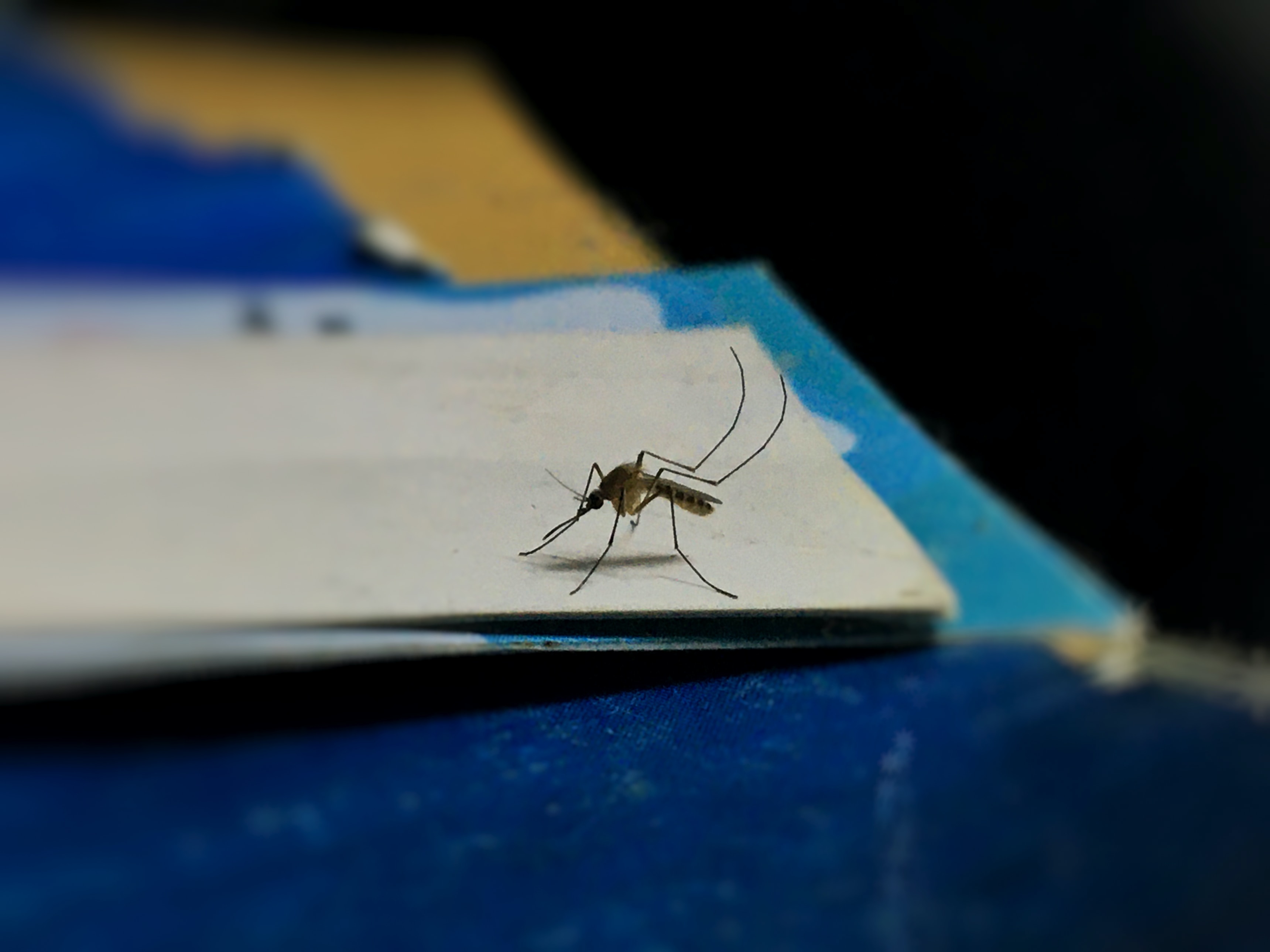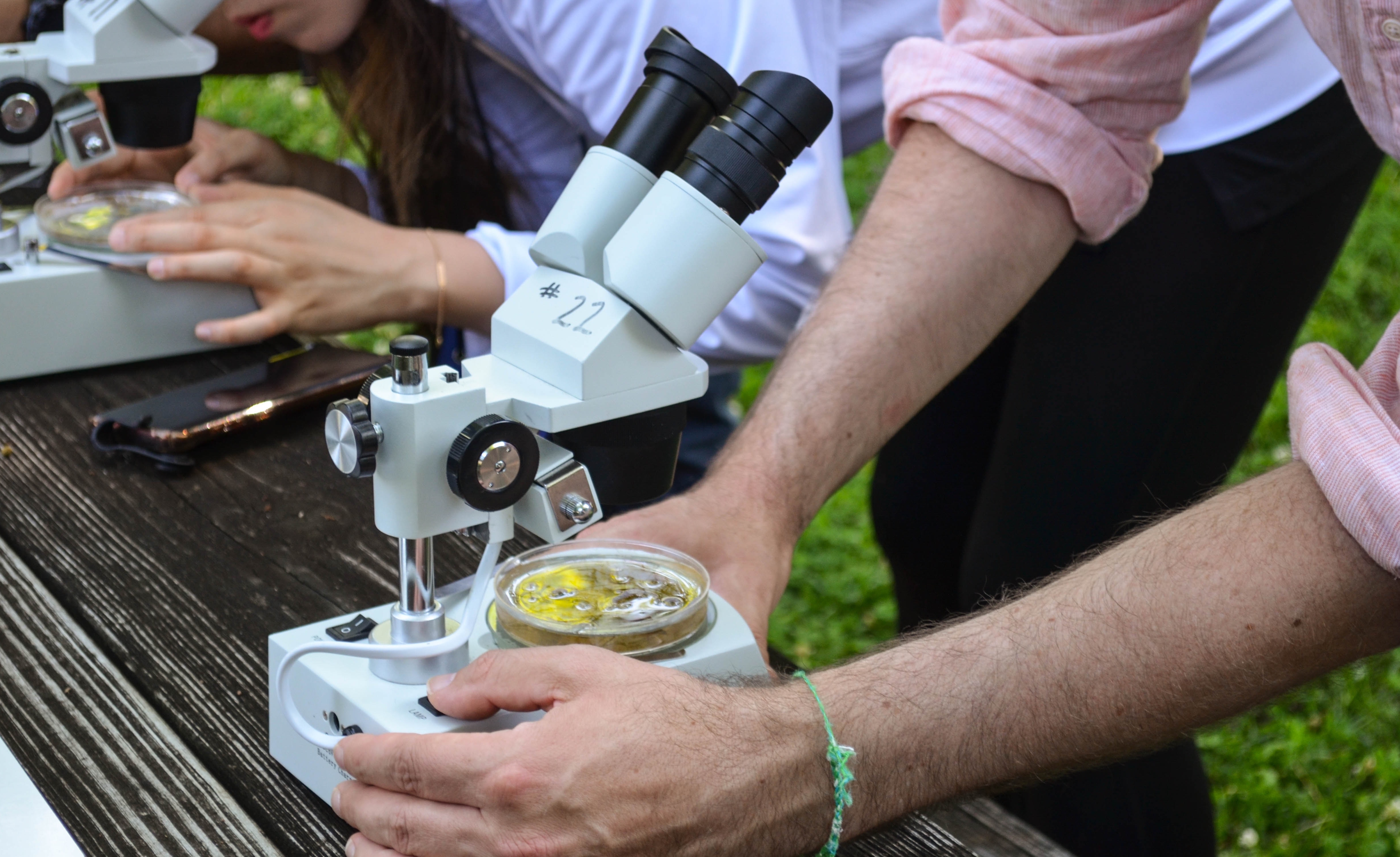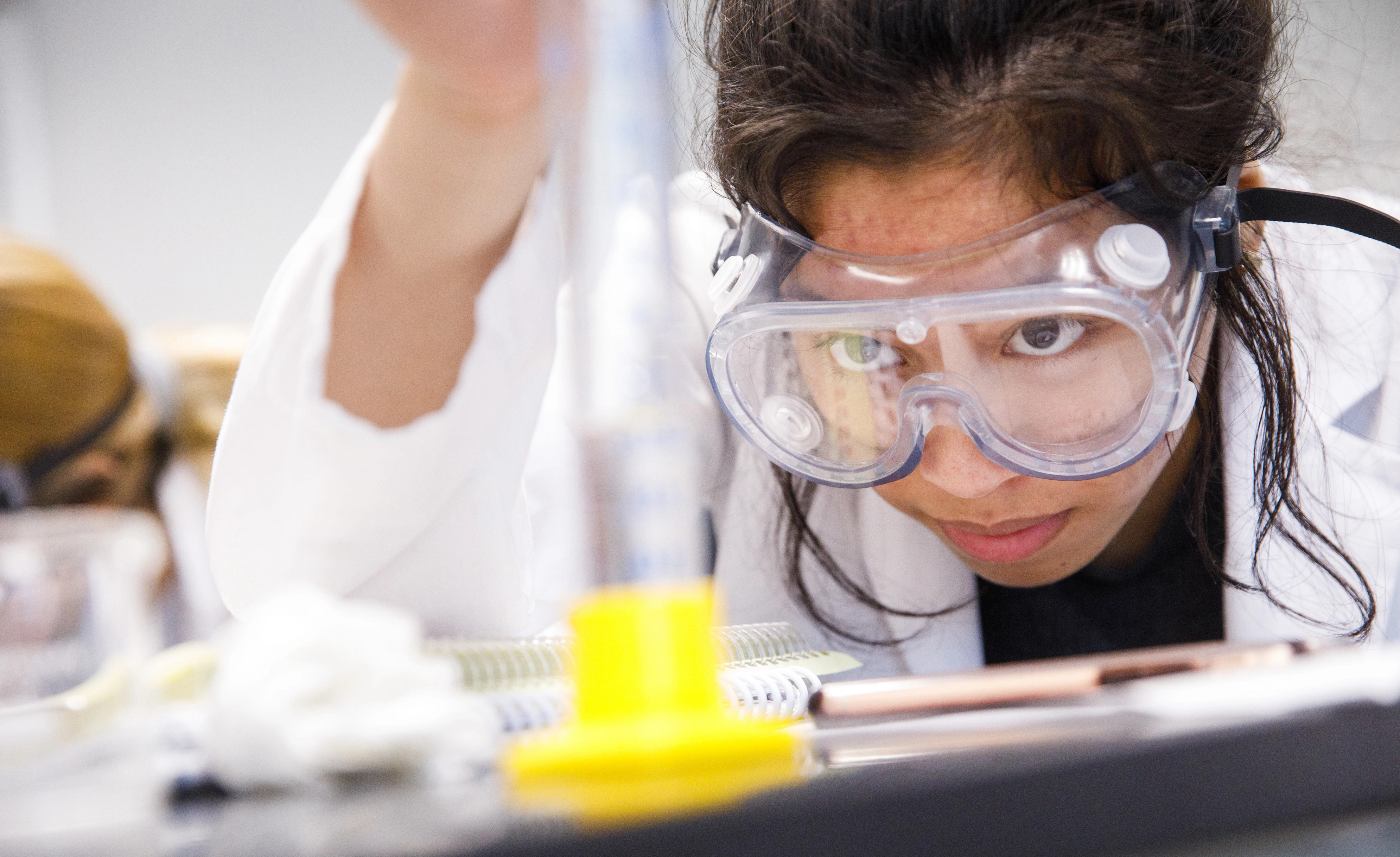
Life Science Ethics
Ethics Education in the Life Sciences
Through deeper understanding of the life sciences – from genomics to cells, organisms, species, and ecosystems – and emerging biotechnologies, the life sciences will fundamentally transform human society in the twenty first century and beyond. Grappling with the ethical and humanistic dimensions of biology is vital to direct this transformative potential to benefit individuals, society, and the world. That’s why we created the Life Science Ethics Program.
The program cultivates a culture in the School of Life Sciences that contributes to ASU’s commitment to “advancing research and discovery of public value” and “transforming society” as laid out in the university’s charter and design aspirations. Students, faculty, and staff in our school have unique opportunities to explore the societal and ethical implications of life sciences research and education.
The program supports the school’s faculty incorporating ethics in courses, curriculum, and degree programs. Undergraduates begin exploring the ethical and social dimensions of biology in Introduction Biology with short modules on fundamental questions raised by scholars in these fields and an environmental ethics lab. Graduate students engage in conversations with peers on professional standards for researchers in BIO 610, Introduction to the Responsible Conduct of Research in the Life Sciences.
The Human Dimensions Faculty offer a robust set of ethics courses both in-person and online. Regular classes include:
- BIO 311: “Biology and Society” (3)
- BIO 312: "Bioethics" (3)
- BIO 324: "Environmental Ethics" (3)
- BIO 416/HPS 410: "Biomedical Research Ethics" (3)
The Human Dimensions Faculty offer a robust set of graduate ethics courses. Regular classes include:
- BIO 527: "Environmental Ethics & Policy Goals" (3)
- BIO 598: “Big Data in Context: Ethics, Policy, History and Philosophy (1)
- BIO 598: “Neuroscience, Ethics & the Law” (2)
- BIO 598: "Advanced Topics in Bioethics" (3)
- BIO 610: "Introduction to Responsible Conduct of Research" (1)
- BIO 611: "Advanced Topics in Responsible Conduct of Research" (1)
BioEthics Breakfast Club

What happens when biologists think of sex as binary?
What biases are typically associated with biological sex, and how have they historically skewed research data? What alternatives to typical biological sex categories exist that can be used in biological research? Under what circumstances might it make sense to conduct sex-based research, versus when might it be more unethical to use typical sex categories to guide research questions?
Facilitators: Melissa Wilson and Jessie Ebie
Wednesday, February 21, 2024
9 - 10 a.m.
For more information contact
Karin Ellison
Life Science Ethics Program
[email protected]

The Impact of High-Impact Research
The ASU Charter calls for "advancing research and discovery of public value." University design aspirations include "Value Entrepreneurship" and "Conduct Use-Inspired Research." The National Science Foundation was created after WWII to support early stage research and yet its newest directorate, Technology, Innovation and Partnerships (TIP), "advances critical and emerging technologies, accelerates use-inspired and translational research..." This emphasis on getting outside the ivory tower surely captures some valuable and transformational aspects of the power of science. But, where does it leave research that doesn't have direct, measurable impacts? What is the viability and place for basic, or fundamental, research in the twenty-first century?
Facilitators: Joshua LaBaer and Neal Woodbury
Wednesday, March 20, 2024
9 - 10 a.m.
For more information contact
Karin Ellison
Life Science Ethics Program
[email protected]

Deliberate Extinction —Whither, or Either, Mosquitoes?
Rapid development of gene drive technology suggests that soon we will be to intentionally drive species to extinction. Even given that mosquitoes are a pest and carry deadly human diseases, should we engage in deliberate extinction?
Facilitators: Jim Collins and Silvie Huijben
Wednesday, April 17, 2024
9 - 10 a.m.
For more information contact
Karin Ellison
Life Science Ethics Program
[email protected]
Life Science Ethics Movie Night

Three Identical Strangers (Spring 2024)
Co-sponsored by Life Science Ethics and the Medical Ethics Club
When: Monday, April 15 • 5 - 8:00 p.m
5 p.m. Entrance and box dinner*
5:30 p.m. Film viewing
7:00 p.m. Panel discussion Where: Biodesign Auditorium
Separated triplets. Nature and nurture. Research. What happened to Edward Galland, David Kellman, and Robert Shafran? What can we learn about the roles of genetics and environment in human development and the ethics of human subjects research from “twin studies”? Join us for Tim Wardle’s award winning 2018 documentary, Three Identical Strangers.
Panelists:
Anne Stone, Regents Professor, School of Human Evolution and Social Change, and Associate Director, Center for Evolution and Medicine
Jenny Brian, Faculty Chair and Honors Faculty Fellow, Barrett, the Honors College
Jinni Su, Assistant Professor, Psychology
Hosts:
Karin Ellison, Director, Life Science Ethics Program
Naveen Kumar and Matthew Torel, Officers, Medical Ethics Club
Karin Ellison
Life Science Ethics Program
[email protected]
Ethics resources
Contact information
Bioethics Breakfast Club
Organizing Committee
The Bioethics Breakfast Club organizing committee develops session ideas and coordinates the series. SOLS graduate students Dalton Meadows, Risa Schnebly, Matthew Tontonoz and Kelsi Watkins make up the committee.

